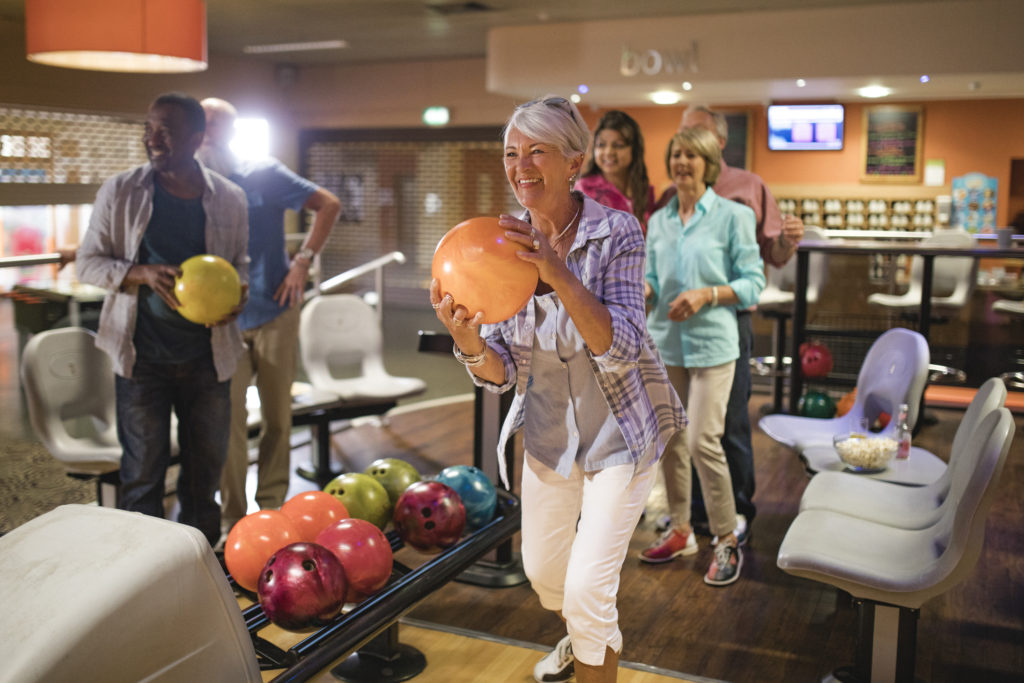Social Connections Remain Important Throughout Life

When we’re young, we understand the importance of developing friendships. They help enhance our experience of life as we experience the trials and tribulations of school, early career choices and building a family. As we age, friends may become more scarce as people pass away or move to be closer to their children. For many, remaining socially active just doesn’t seem as important as it used to. But maintaining connections with others continues to be important as we age.
As human beings, we are designed by nature to seek out others and connect with each other. According to Matthew Lieberman, author of the book Social: Why Our Brains Are Wired to Connect, “Being socially connected is our brain’s lifelong passion. It’s been baked into our operating system for tens of millions of years.” And research confirms socialization’s importance in aging well.
Several studies have shown that people who are more social get sick less and have healthier minds. A study from the Rush University Memory and Aging Project concluded that a higher level of social engagement in old age is associated with better cognitive function. A study from the Harvard School of Public Health found that people who engaged in a lot of social activity in their 50s and 60s had slower rates of memory decline compared to those who were more socially inactive. According to a study conducted at Brigham Young University, “the effect of [social isolation and loneliness] is comparable to obesity.” Lead study author Julianne Holt-Lunstad emphasizes that “we need to start taking our social relationships more seriously.”
Tips to help you stay connected
Here are some tips to help you increase your opportunities for connection.
Schedule time to meet with friends
Now that you know the importance of socializing, it needs to be something you actively pursue. Don’t wait until you hear from someone about going out – make the call yourself! Put “getting together with friends” at the top of your to-do list every day.
Make new friends by joining a support group
There are thousands of groups across the country that get together for the purpose of providing support and camaraderie. Whether you’ve recently lost a spouse or loved one, have cancer, or simply like to have coffee with friends, there’s probably a group in your area. Visit seniors.meetup.com for some established senior groups in the Chicago area.
Volunteer
Volunteering for a cause you believe in not only introduces you to new people, it can provide you with a sense of purpose. If you’re not sure how to start, visit volunteer.gov and look for opportunities in your area. Or find a local senior living community and offer your services, which could as simple as spending time with another human being.
Get a pet
Meaningful connection doesn’t have to be with another human to be beneficial. A study published in Aging & Mental Health showed that older adults who were pet owners were 36 percent less likely than non-pet owners to describe feelings of loneliness. Walking a dog can also be a great way to get some exercise and meet new people.
Go online
If physical limitations make it difficult for you to leave home to connect with other people, do the next best thing – spend time with them online! A study conducted by University of Exeter researchers concluded that adults aged 60 to 95 who received computer equipment and training “had heightened feelings of self-competence, engaged more in social activity, had a stronger sense of personal identity, and showed improved cognitive capacity.”
![CPT Rehab [logo]](https://www.cptrehab.com/wp-content/themes/cpt-rehab/images/logo.png)